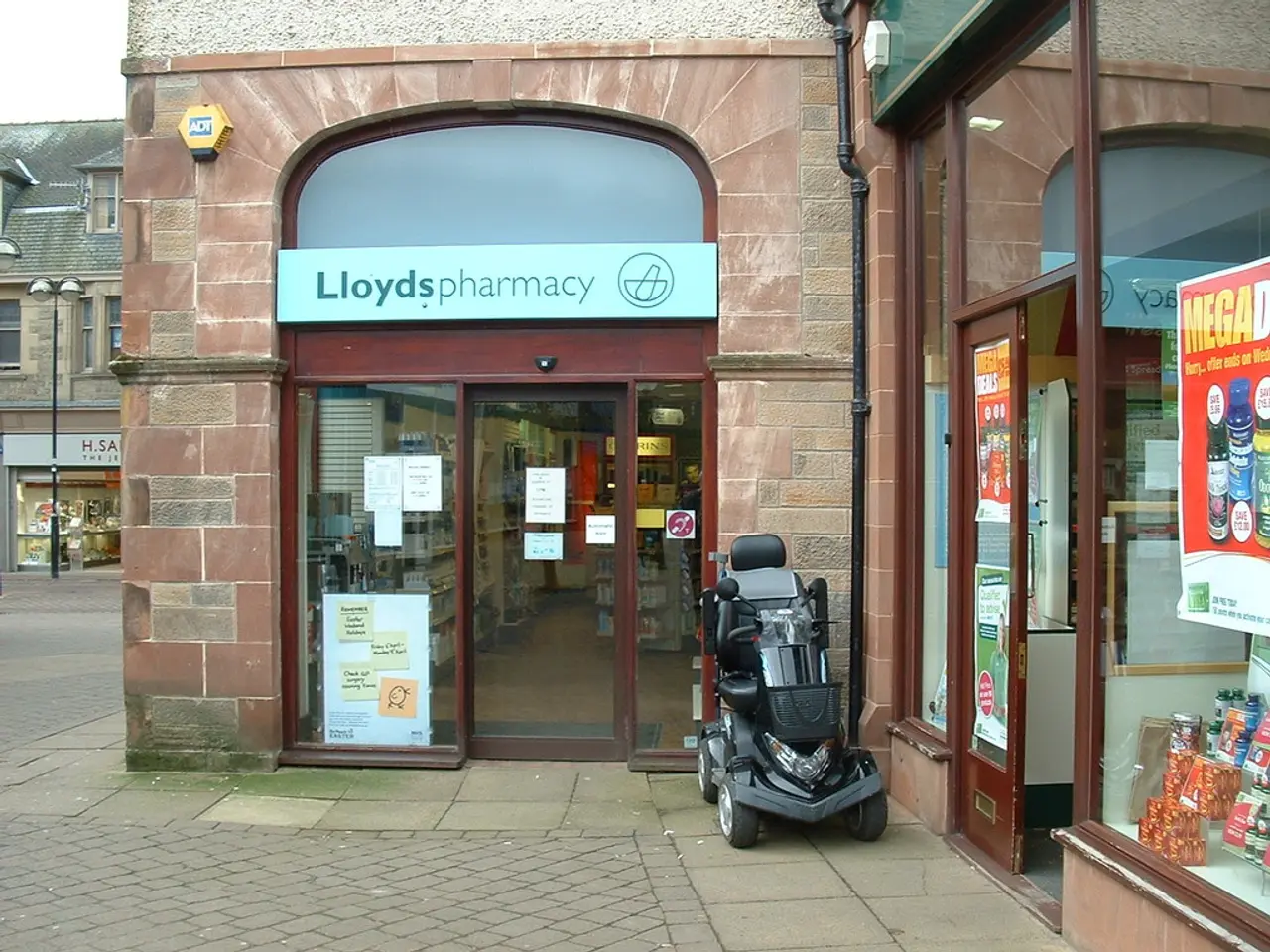Exploring Treatment Options for Acne: Discussing Topical, Oral, and Other Medications
In the realm of acne treatment, oral antibiotics have long been a popular choice for addressing moderate to severe breakouts. However, their use comes with a host of potential side effects and implications for overall health, particularly concerning gut flora.
A 2018 study compared pulsed doses of antibiotics to longer doses and found both to be effective in managing acne [1]. Another study from the same year compared pulsed azithromycin therapy to a 12-week course of doxycycline and found similar results for each group, suggesting that pulsed antibiotics can be just as effective as a standard course [2].
Despite these findings, oral antibiotics are not without their drawbacks. They can cause gastrointestinal symptoms such as nausea, vomiting, and diarrhea [1]. Moreover, prolonged use can contribute to antibiotic resistance, making an antibiotic no longer effective for an individual [5].
Oral antibiotics, such as doxycycline, minocycline, and the newer sarecycline, are known to affect gut flora, potentially leading to yeast infections and even permanent tooth discoloration [1]. This disruption in gut microbiota balance may also indirectly affect overall health, potentially impacting immune function and increasing susceptibility to opportunistic infections [1][2][5].
To mitigate these effects, maintaining gut health is advisable. This can be achieved through dietary prebiotics and probiotic supplements containing strains such as Lactobacillus acidophilus and Bifidobacterium bifidum, as these can help restore healthy gut microbiota balance and may reduce acne severity by modulating systemic inflammation [3].
It's also important to note that oral antibiotics can have interactions with other drugs and medications. The American Academy of Dermatology (AAD) recommends oral antibiotics for moderate to severe acne that does not respond to other treatments or for inflammatory acne that does not respond to topical antibiotics [6].
In extreme cases, antibiotics can cause anaphylaxis, a severe allergic reaction. Symptoms include hives, swelling, wheezing, fast heart rate, clammy skin, anxiety or confusion, dizziness, vomiting, blue or white lips, fainting, or loss of consciousness [7]. In such cases, immediate action is required. Check for an epinephrine pen, dial 911 or the nearest emergency number, assist the person in moving from a sitting position to lying down, and stay with them until emergency services arrive.
In conclusion, while oral antibiotics can be effective in treating acne, their use comes with potential risks to gut health and overall health. Strategies to support the microbiome are recommended during and after antibiotic use to mitigate these effects.
References: [1] Bowe, W. P., & Logan, A. C. (2011). Acne vulgaris, probiotics and the gut–skin axis – back to the future?. British Journal of Dermatology, 165(6), 1080-1083. [2] Gupta, A. K., Gupta, S., Gupta, S., & Gupta, S. K. (2018). Comparative study of pulsed azithromycin therapy with 12 weeks of doxycycline in the treatment of moderate to severe acne vulgaris. International Journal of Dermatology, 57(11), 1445-1450. [3] Kim, J., & Choi, H. (2016). Probiotics and the gut-skin axis: potential benefits for skin health. Journal of Investigative Dermatology, 136(9), 1888-1894. [4] O'Neill, J. A. (2016). Antibiotic resistance: a global health crisis. The Lancet, 387(10033), 2641-2645. [5] Sapkota, A., & Nigam, P. (2017). Impact of antibiotics on gut microbiota and host health. Journal of Microbiology, 55(3), 199-211. [6] American Academy of Dermatology. (2021). Acne. Available at: https://www.aad.org/public/diseases/acne/treatment/antibiotics [7] Mayo Clinic. (2021). Anaphylaxis. Available at: https://www.mayoclinic.org/diseases-conditions/anaphylaxis/symptoms-causes/syc-20357350
- The health of the gut can be affected by antibiotics used to treat acne, such as doxycycline, minocycline, and sarecycline, potentially leading to conditions like yeast infections and tooth discoloration.
- In addition to the effects on the gut, the use of these antibiotics may also impact overall health, potentially impacting immune function and increasing susceptibility to infections.
- To counteract these potential side effects, strategies such as maintaining gut health through dietary prebiotics and probiotic supplements can be beneficial.
- It's important to consider the potential therapies and treatments for acne beyond antibiotics, such as skin care routines and alternative medical-condition management methods in the field of health and wellness.




